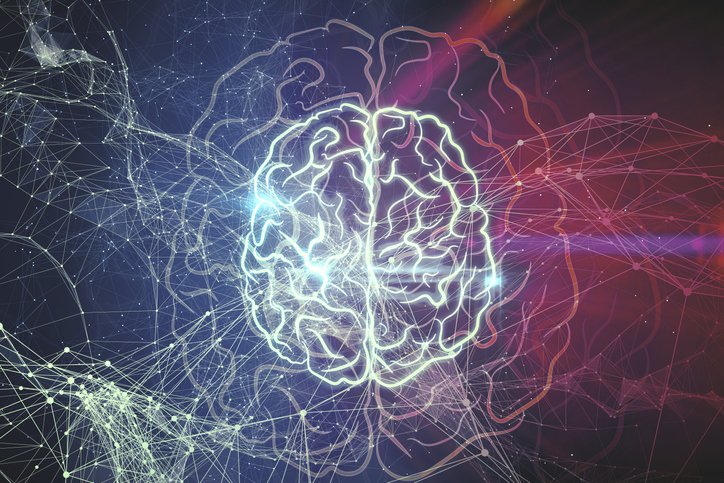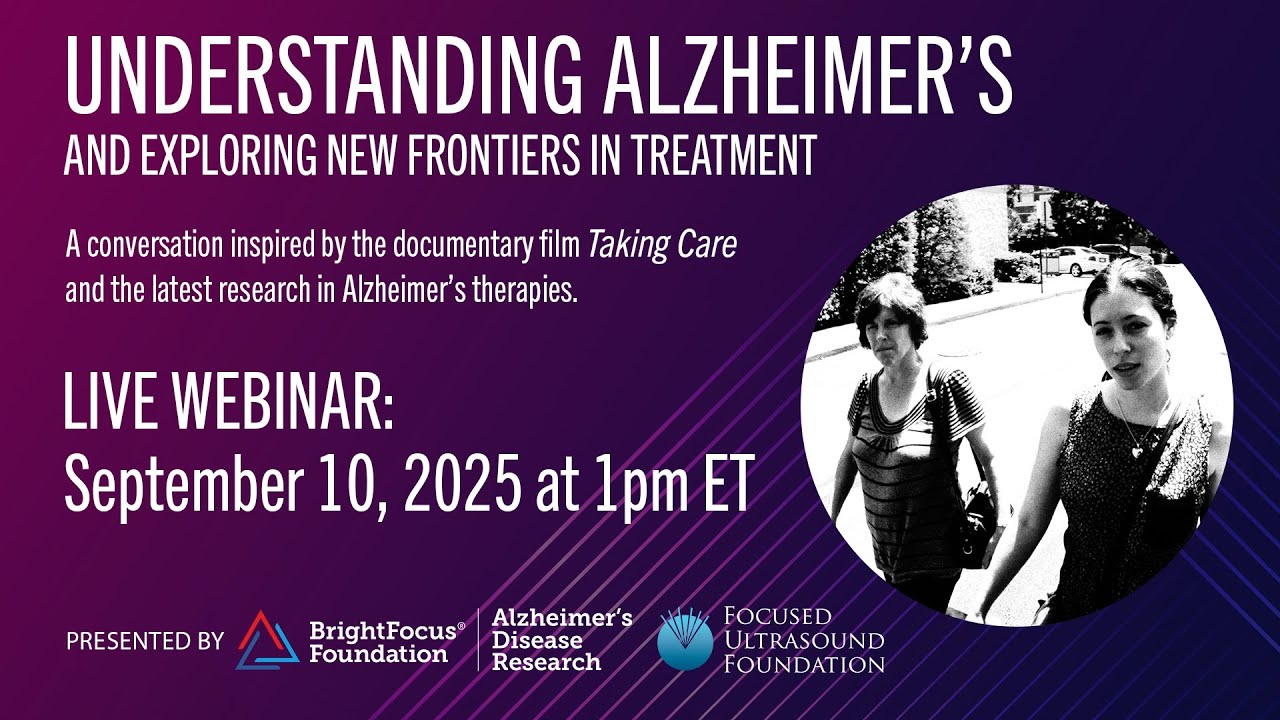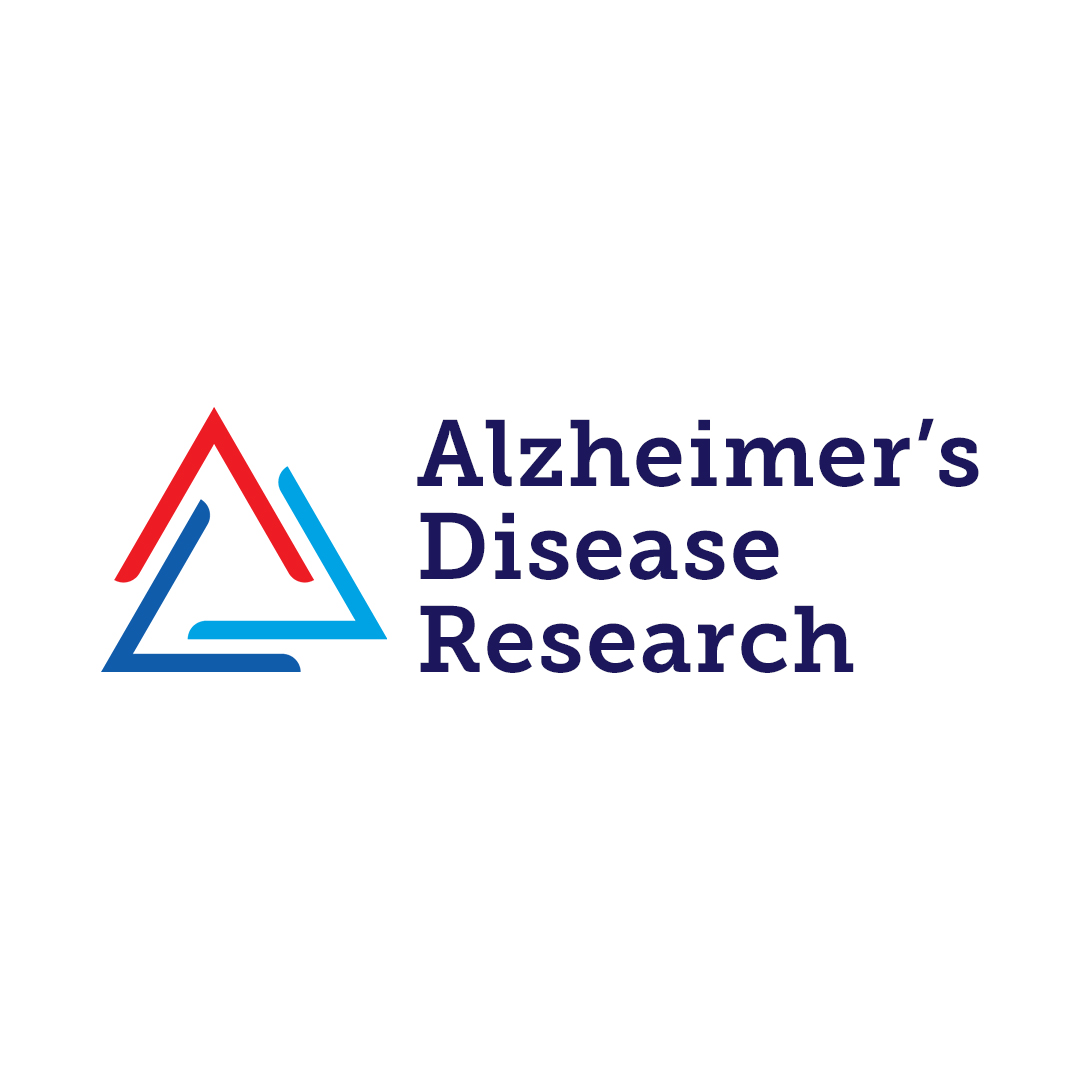Alzheimer’s Disease Research
Alzheimer’s Disease Research, a BrightFocus Foundation program, drives innovative research worldwide to defeat Alzheimer’s disease and related dementias. By providing initial funding for highly innovative, experimental research and creative ideas, we spark revolutionary approaches and life-saving breakthroughs for this devastating disease impacting more than 7.2 million Americans aged 65 and older.

Our Impact: Making a Difference
Alzheimer’s Disease Research currently supports a global portfolio of 111 innovative scientific grants working toward a cure. Our grants are vetted through a rigorous evaluation process by the world’s top scientists and clinicians who serve on our Scientific Review Committee.
111
Active research grants we’re supporting worldwide
366
Scientists currently supported through our grants
More than $192 million
Invested in Alzheimer’s research grants since inception
Recent News
News & Breakthroughs
Why It Matters
Why Alzheimer’s Disease Research Matters

Our greatest opportunity to find a cure for Alzheimer’s disease lies in research.
Thanks to generous donor support, Alzheimer’s Disease Research has invested more than $189 million in groundbreaking studies aimed at furthering our understanding of the disease.
With our grants, scientists across the globe are exploring and testing thousands of hypotheses regarding the disease’s onset and progression, leading to the creation of improved earlier detection strategies and new treatments.
Our Approach to Research
Alzheimer’s Disease Research takes a 360-degree approach to funding innovative scientific research worldwide to defeat Alzheimer’s disease. We explore the full range of scientific paths–from genetics to biomarkers–to improve treatments and ultimately find a cure.
Resources
We’re here for you.
Every Donation is a Step Forward in the Fight Against Alzheimer’s
Your donation powers cutting-edge research and helps scientists explore new treatments. Help bring us closer to a cure and provide valuable information to the public.

Grants & Scientists

Apply for a Research Grant
Alzheimer’s Disease Research provides research funds for U.S. domestic and international research proposals pursuing innovative treatments, prevention strategies, and a cure for Alzheimer’s disease.























